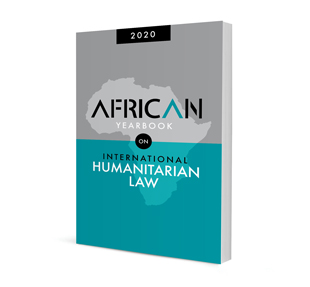The characterisation principle in South African competition law from a German law perspective

The characterisation principle in South African competition law from a German law perspective
Author: Damian Schmidt
ISSN: 1996-2185
Affiliations: Attorney at law in Stuttgart (Germany)
Source: South African Mercantile Law Journal, Volume 34 Issue 2, 2021, p. 153 – 180
https://doi.org/10.47348/SAMLJ/v34/i2a1
Abstract
The characterisation principle — or the concept of characterisation — is a modern achievement of the South African competition law, with its roots in United States jurisdiction from which it was originally transferred into the South African legal system. Several far-reaching South African court decisions refer to the characterisation principle and make it an essential part. However, the positioning of the characterisation principle in South African competition law is complex. This is shown by the fact that, for example, the concept of characterisation obviously conflicts with the rationale of the per se prohibitions implemented in the South African Competition Act 89 of 1998. This article attempts to analyse the characterisation principle from a German law perspective in order to define its relevance, impact and limitation more precisely in the South African legal system.
